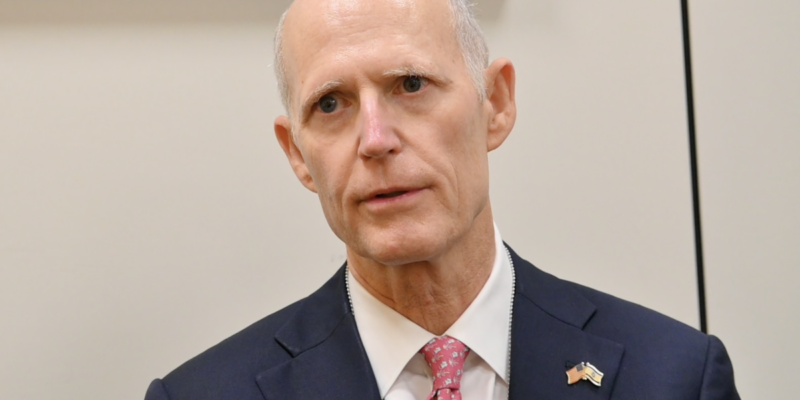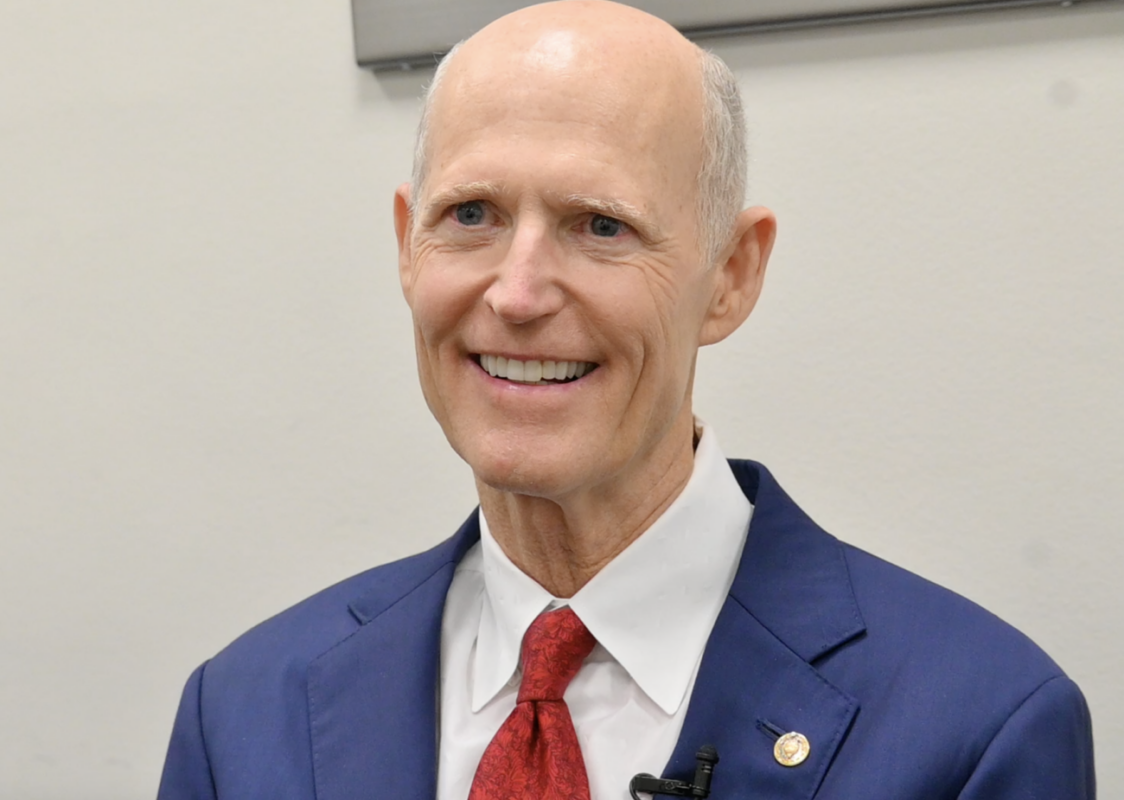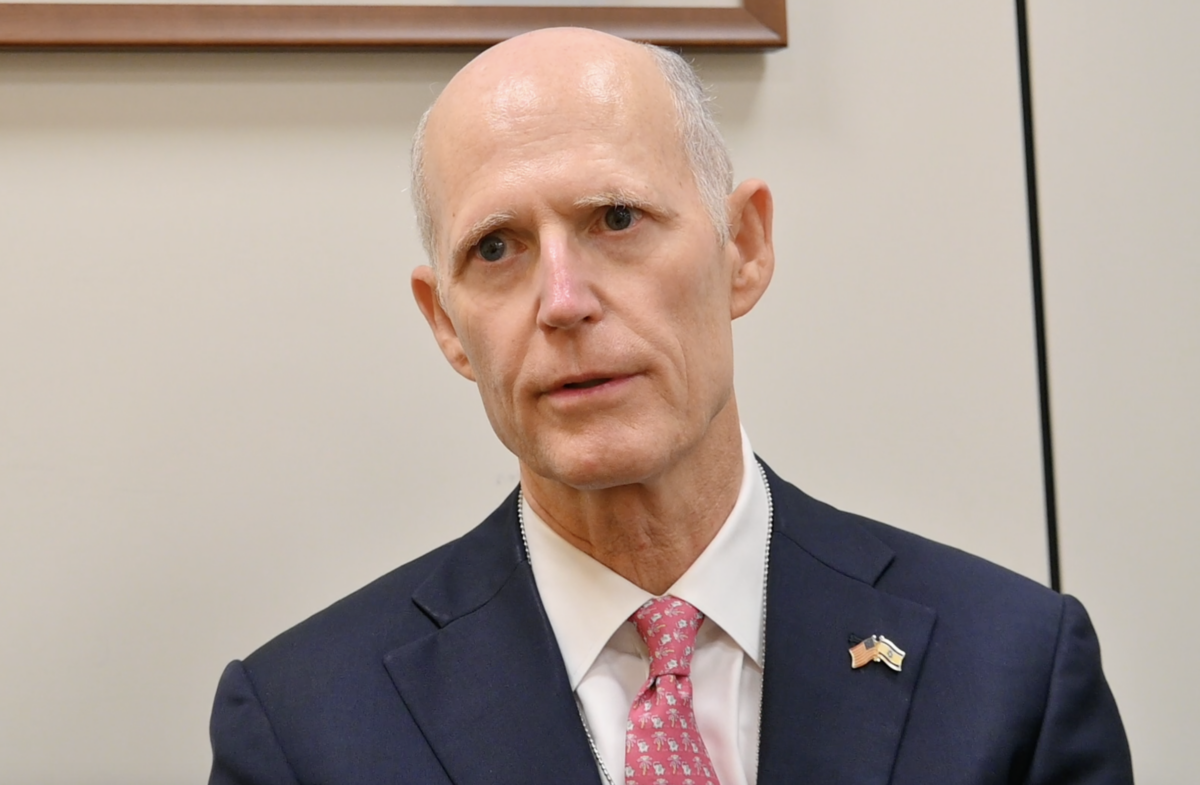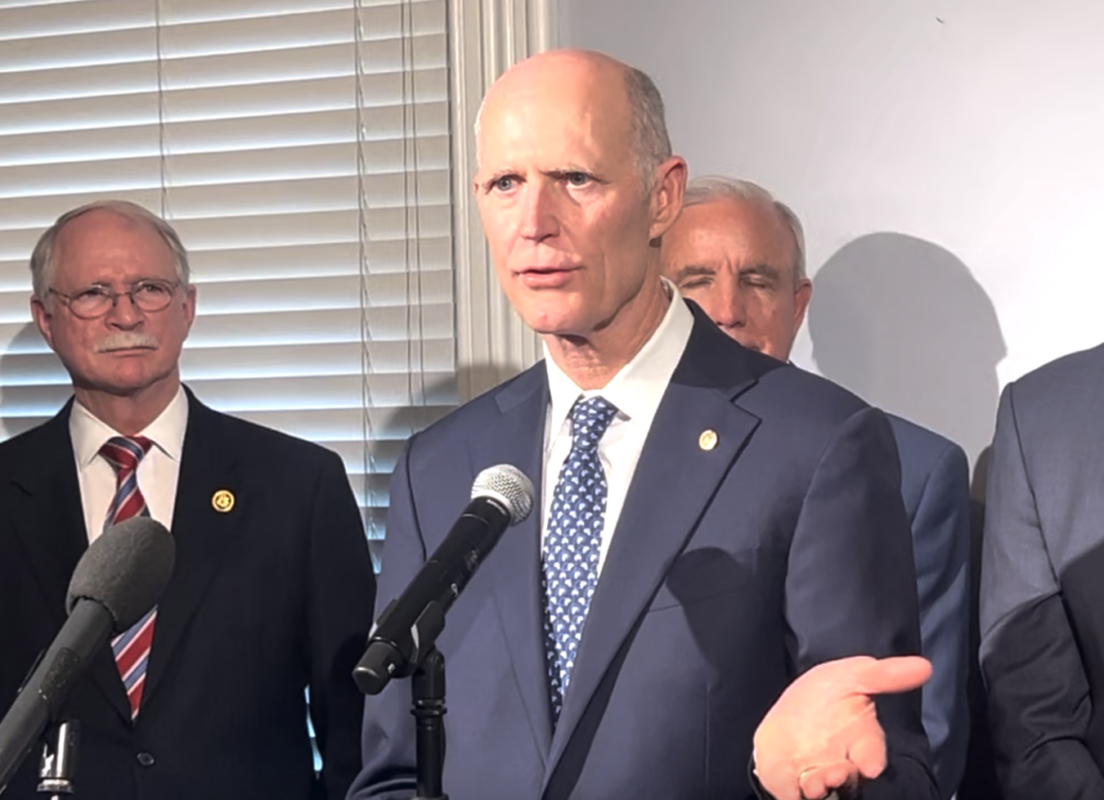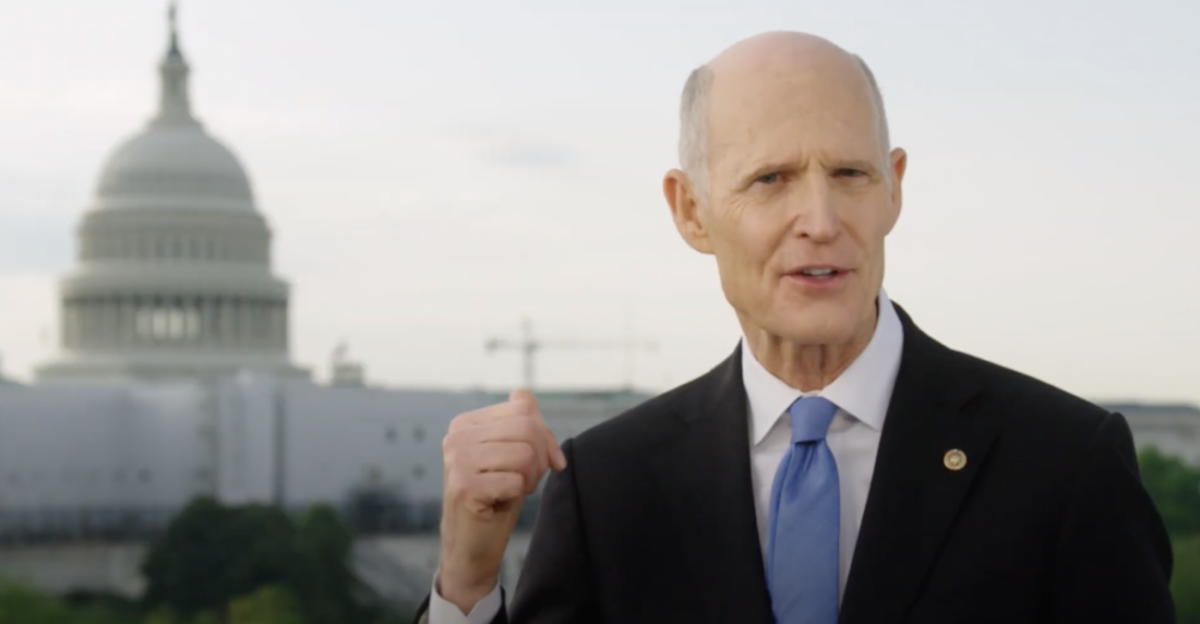Conservative Senators are hurriedly capitalizing on the US Supreme Court’s recent ruling curtailing bureaucratic rule making authority in Loper Bright Enterprises v. Raimondo.
Loper overruled Chevron v Natural Resources Defense Council, a keystone case for the expansion of federal agencies’ authority subsequently known as Chevron deference.
Chevron created legal precedent dictating that federal agencies had legal authority to interpret ambiguous laws within the agencies’ respective policy areas.
However, the Court’s conservative majority overruled Chevron in Loper by arguing the former’s underlying reasoning was fundamentally flawed.
In response, US Senators Rick Scott (R-FL), Eric Schmitt (R-MO), Ted Cruz (R-TX) and a dozen others have begun legislative efforts to enforce SCOTUS’ ruling.
The Post-Chevron Working Group (PCWG), as the Senators are calling themselves, is pressuring agencies to scale back regulations antecedently authorized by Chevron deference.
So far, Senator Scott and the PCWG have sent hundreds of letters to 101 agencies that have published over 50 ‘final rules’ since the year 2000.
Final rules are voluminous regulatory packages independently drafted and enforced by each public agency. Agencies had been relying on Chevron deference to expand their scope of authority, consequently growing final rules’ rigidity and reach.
Scott explained his recent contra-bureaucracy efforts respond to the long-awaited end of Chevron deference.
“I’m proud to join my colleagues in this effort to return power to the people through representative government,” said Scott. “For too long, the Chevron Doctrine fueled an abandonment of our separation of powers by allowing the Executive to write and interpret the law as it saw fit.”
The PCWG’s latest initiative was sending a letter to US Department of Health and Human Services Secretary Xavier Becerra demanding an update on his response to Chevron deference’s termination.

